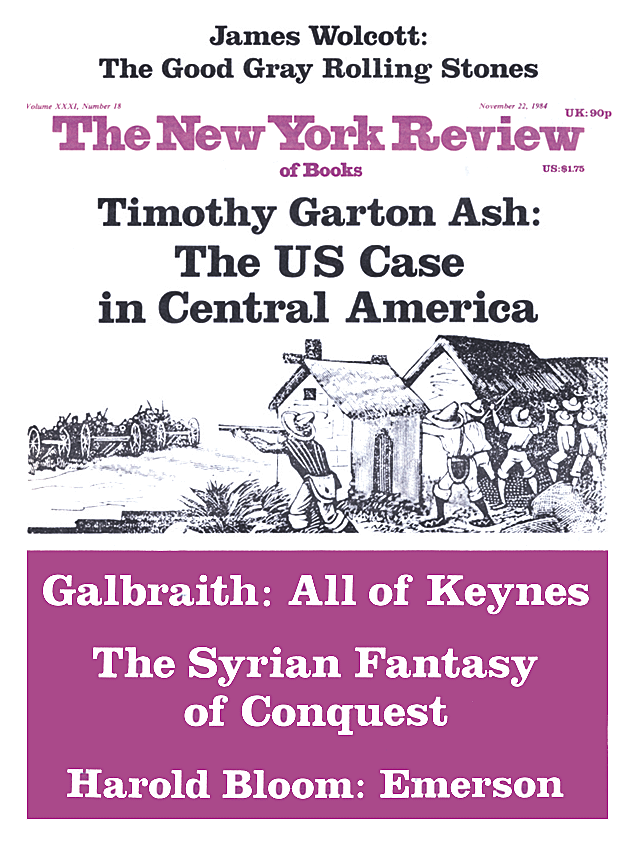To the Editors:
Thomas Sheehan tells us that there is now among Catholic theologians, exegetes and scholars a “liberal consensus,” at any rate if we confine attention to “…the ones who hold the chairs, get the grants, publish the books…” etc.—the ones, we might say, worth paying attention to. Those included in the new liberal consensus (unlike the old conservative fuddy-duddies) employ the latest scientific techniques in their study of the Bible. They have reached (among others) the following conclusions: Jesus knew nothing of the Trinity and therefore, naturally enough, did not believe he was its Second Person; he did not believe or claim that he was the messiah or the Son of God; no shepherds, angels, wise men, etc., accompanied his birth; he performed only two miracles. The Gospel writers did not believe that Jesus had literally and physically risen from the dead, but used the empty tomb story (which originated in a cult legend) and the story of Jesus’ eating fish and inviting Thomas to put his fingers in Jesus’ wounds, not to state what they took to be historical fact but “to express in imaginative and symbolic language their belief that Jesus was somehow alive with God and would someday reappear.”
While we are not members of the “liberal consensus” and therefore have considerable difficulty in getting grants and writing books, we did think we could at least write a note in protest in the hope of obtaining one meager publishing credit. The tide of liberalism that reached its apogee in Protestantism half a century ago is now rising in Catholicism—just as (ironically enough) it is rapidly receding in Protestant thought. But the tone of breathless urgency—as if we have here some brand new ideas occurring for the first time to courageous and intrepid intellectual explorers—is surely inappropriate. These ideas are stale news at best, and not less stale for having what is at best shaky textual support. And the implied suggestion that they are accepted by any Catholic (or Protestant) who thinks straight and is not hopelessly benighted, is no more than a piece of arrogant intellectual imperialism. Lots of intellectually respectable Catholic and Protestant scholars—even some who get an occasional grant—view the alleged liberal consensus with little more than scornful amusement.
Where Sheehan is undoubtedly right is in suggesting that the trend he recounts deprives Christianity of any significance worth taking seriously.
Frederick Crosson
O’Hara Professor of Philosophy
Ralph McInerny
Michael P. Grace Professor of Medieval Studies
Alvin Plantinga
John A. O’Brien Professor of Philosophy
University of Notre Dame
Notre Dame, Indiana
This Issue
November 22, 1984


